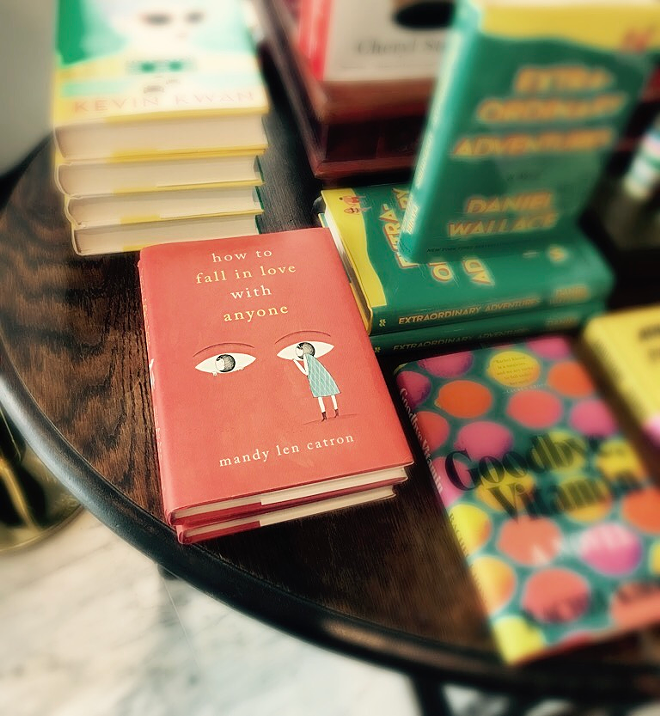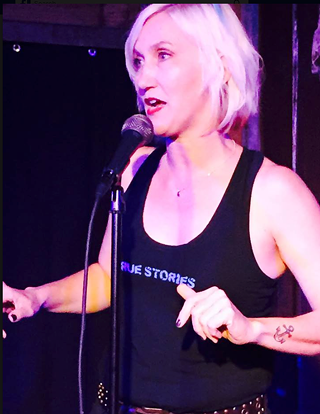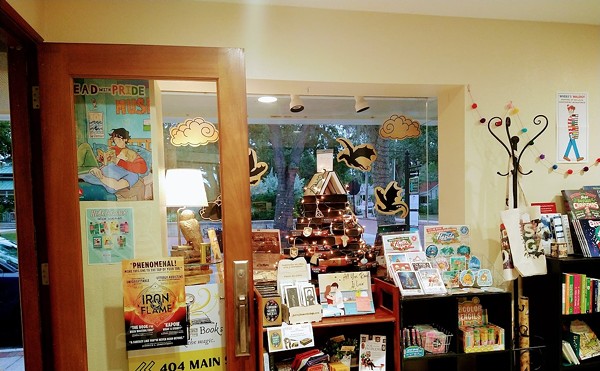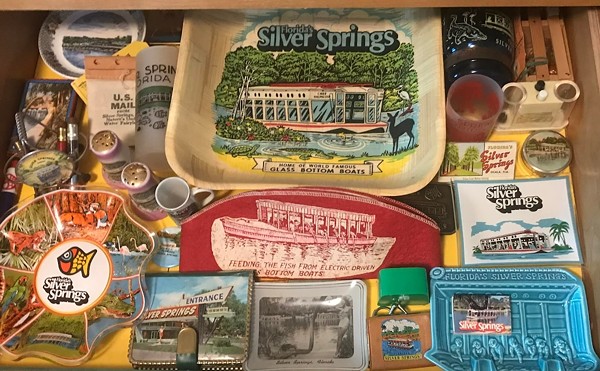This is not an unbiased interview. As someone who’s been battered about on love’s shores and finally come out on the other side, this was a hate read. As a former dating columnist, I can attest: You can't fall in love with anyone.
Mandy Len Catron wrote an essay for the New York Times that went viral; you probably read it. Or heard of it. Her piece, “To Fall in Love with Anyone, Do This,” cited a 1997 study by Dr. Arthur Aron that sought to generate intimacy among strangers.
In the essay, she described her own personal experiment, admitting that she wasn’t in a lab and that — unlike Dr. Aron’s participants — she already had an attraction to her interview subject. She wrote, “I see now that one neither suggests nor agrees to try an experiment designed to create romantic love if one isn’t open to this happening.”
In similar fashion I tried the questions. They didn't work. Hence the mocking I anticipated to come.
Despite the title, her book took off in a different direction. Certainly the idea that love could be an action was part of the original essay, but between her title and her own tale with its happy ending, I wasn't thinking this was going to be a book about the damage inherent to love stories. Fortunately, I was wrong.
Her book describes not only her own, but also her parents’ and grandparents’, love stories. As Catron's relationship began to unravel, her parents announced they were getting a divorce. That's when she discovered how invested she was in the idea of a "perfect romance." With that shattered and in light of her own impending breakup, she wondered what, if anything, she knew about love. She began to survey contemporary romantic culture and found a consistent thread.
“We overemphasize attraction,” she told me over the phone from her home in Vancouver recently. “It should be immediate, and if you don’t feel it you shouldn’t bother.”
In a recent TED Talk, Catron pointed out that the history of Western culture equates love with mental illness, quoting Shakespeare, Nietzsche, and finally Beyonce, “got me looking, got me looking so crazy in love.” She pointed out that we’re smitten. We get crushed. And yet, she quipped, “we want it to last an entire lifetime.”
Her professional and personal research was adding up to one conclusion: Love as she knew it was disempowering.
“If Cinderella no longer has to wash the floors, we might ask who is washing them instead,” she wrote in her book. The story felt untenable to Catron, who struggled to see herself and the outcomes she wanted in the narratives: “I didn’t know what was scripted and what was real.”
Her writing began as a blog, thelovestoryproject.org. Her goal was to analyze the romantic experience in order to “take away some of its power." To have agency in love sounds counterintuitive, or, at the least, unromantic — in the TED Talk she countered falling in love with the underwhelming idea of stepping into it — yet it was by examining the predominant narrative that Catron found a way forward.
She scoffs at her own title.
“No, I don’t think you can fall in love with anyone. I definitely didn’t write the title of that article, or even of the book,” she says. Nonetheless, she found as she started researching her topic that, “love is more flexible than we acknowledge.”
Her first step was to change the way she approached dating, and says she was always willing to go on a second date.
“Attractiveness doesn’t have a huge bearing on relationship satisfaction over time,” she said. “And I realized I’d have a better experience in every way if I went into [each date] being open instead of shopping.” Naturally, she says, this wasn’t always true of her date’s attitude.
It was meeting her current partner that got her over that hurdle. After all, it was he who first suggested a person could probably fall in love with just about anyone. That was all it took for Catron to suggest Dr. Aron’s quiz, which she’d come across in her research.
While the story makes a tidy ending that seems to follow the very narrative she’d railed against — whereby a woman is redeemed because she passed the test, got it right, and kept the man — she's adamant that her story is different.
“If anything the arc of the book is going from a place of totally mystery and confusion to a place of knowledge and authority,” she says. She isn’t suddenly living happily ever after, rather, she’s “pursued love with someone [who] would make a good partner.”
To announce her new book to the world, Catron penned a new essay, “To Stay in Love, Sign on the Dotted Line.” This one details the very purposeful arrangements she and her partner have made with regard to merging their — a signed contract.
“I got a bunch of emails initially from people wanting to know where they could get a sample contract,” Catron says, telling me she refers them all to The New I Do: Reshaping marriage for Skeptics, Realists and Rebels, the book that helped her develop the document.
But there were naysayers as well. The idea that a couple should stipulate everything from laundry to sex provoked one man to suggest they add a "sense of humor" clause to their contract. Still others, according to Catron, suggested she get married.
That was missing the point. When it came to living together, Catron didn’t want to become that couple that bickers “over petty things.” She believes that by eliminating unspoken expectations that are so often part of romantic relationships, she and her partner have the “freedom to love more fully — I wish I’d thought of this years ago.”
Catron believes that if we’re going to create a world where “we all just practice love however we want… we’re going to have to open up our ideas about how romantic love structures our lives.”
When it comes to her own life, Catron says that perhaps the most valuable thing she discovered was that, when it comes to her romantic partner, “my life will be OK without him.”


















